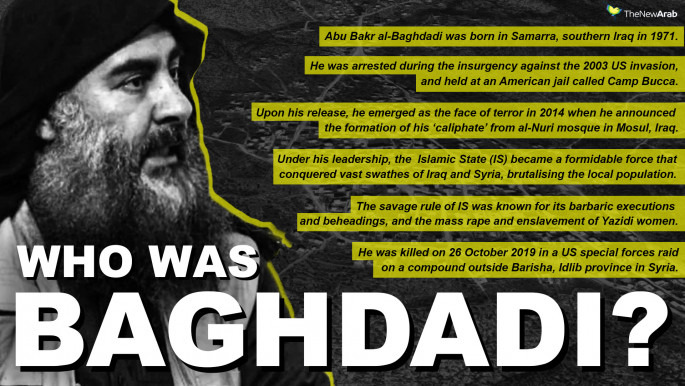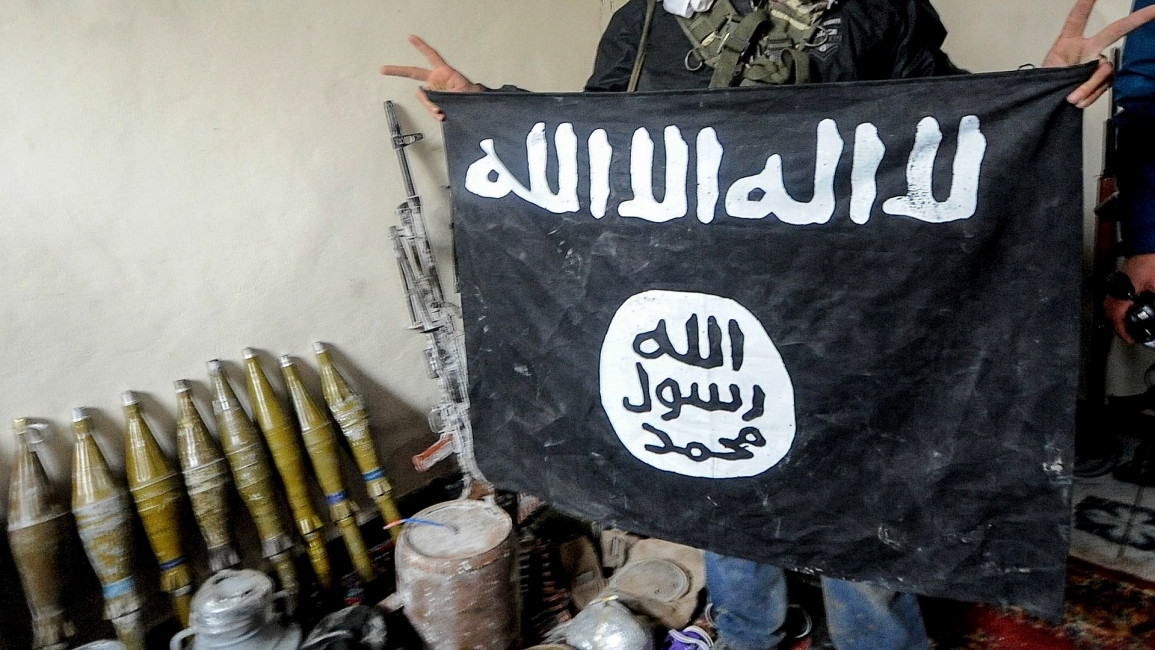Islamic State group 'defeated' in key Afghan province in latest blow to militant
The claim comes after the jihadists first burst into Afghanistan's conflict in 2015, when they overran large parts of Nangarhar and Kunar provinces, near the Pakistan border.
In the years since, they have claimed responsibility for a string of horrific bombings across Afghanistan, including at a wedding hall in Kabul, and have been continually attacked by US, Afghan and even Taliban forces.
IS "were defeated in Nangarhar, their centres were destroyed", acting interior minister Massoud Andarabi told reporters in Jalalabad, the Nangarhar provincial capital, amid ongoing operations against the jihadists.
"We will soon destroy their last centres. With the people's help, we will completely eliminate them. Some of their smaller groups are surrendering, other small groups will be eliminated in other provinces."
 |
He went on to say that IS were being "completely defeated" in Afghanistan.
US Forces-Afghanistan, which closely monitors the IS footprint in Afghanistan, declined to comment, referring a query back to the interior ministry.
Attaullah Khogyani, the spokesman for Nangarhar's governor, said 32 IS fighters surrendered to government forces on Saturday.
"They are coming in big numbers," he told AFP.
Baghdadi killed
IS have suffered a string of major defeats in recent months, including the collapse of their self-proclaimed "caliphate" in Syria and the death of the group's leader Abu Bakr al-Baghdadi, who was killed in a US raid in Syria last month.
Connections between Baghdadi and the IS affiliate in Afghanistan, better known as IS in the Khorasan, or IS-K, have always been murky.
But Khogyani said Baghdadi's death had disrupted IS-K's command and control structure.
Read more: CIA-backed 'death squads' accused of Afghanistan 'war crimes'
"It has affected the fighters on the ground here, they are either surrendering to the government or going back to their ordinary lives," he said.
The IS leader was killed in a US special forces raid carried out with the help of Kurdish fighters in the northwestern Syrian province of Idlib, just across the border from Turkey.
According to the US account, Baghdadi ran into a dead-end tunnel in his hideout and detonated a suicide vest, killing himself and two children.
Just days later, a Turkish official said the wife of the slain militant revealed "a lot of information" about the jihadist group's "inner workings" after she was captured last year.
Follow us on Twitter and Instagram to stay connected!



